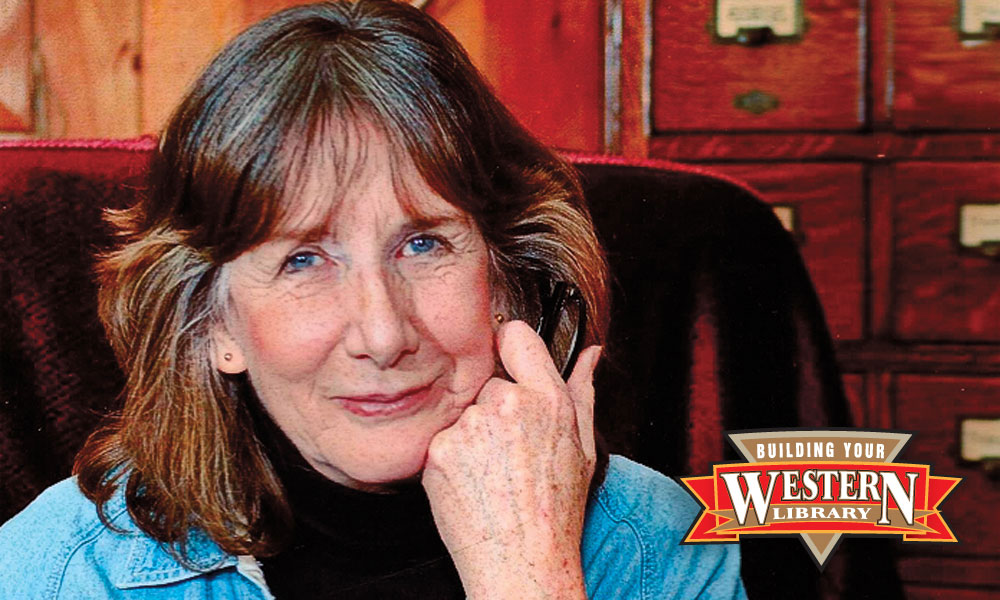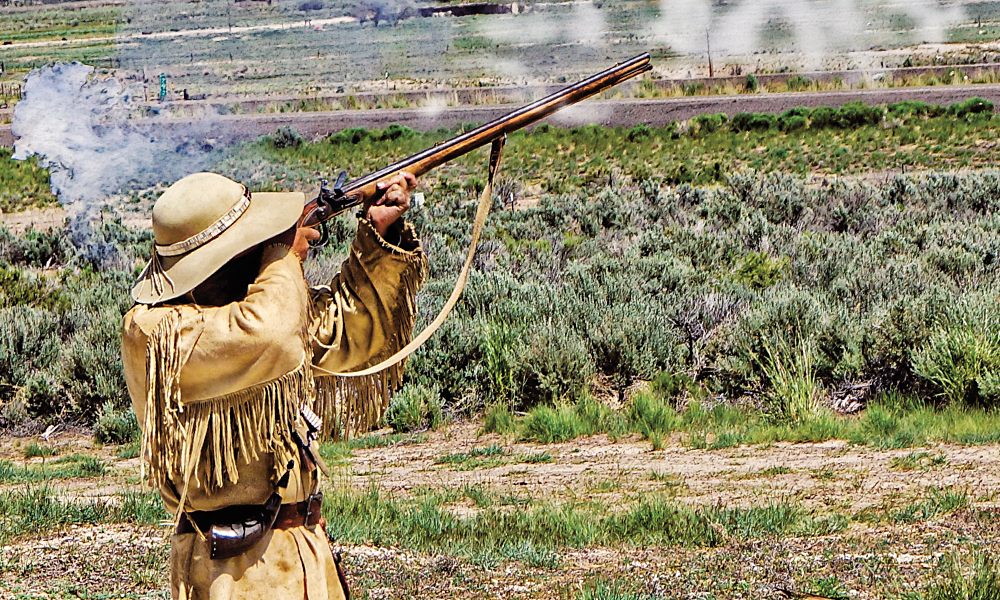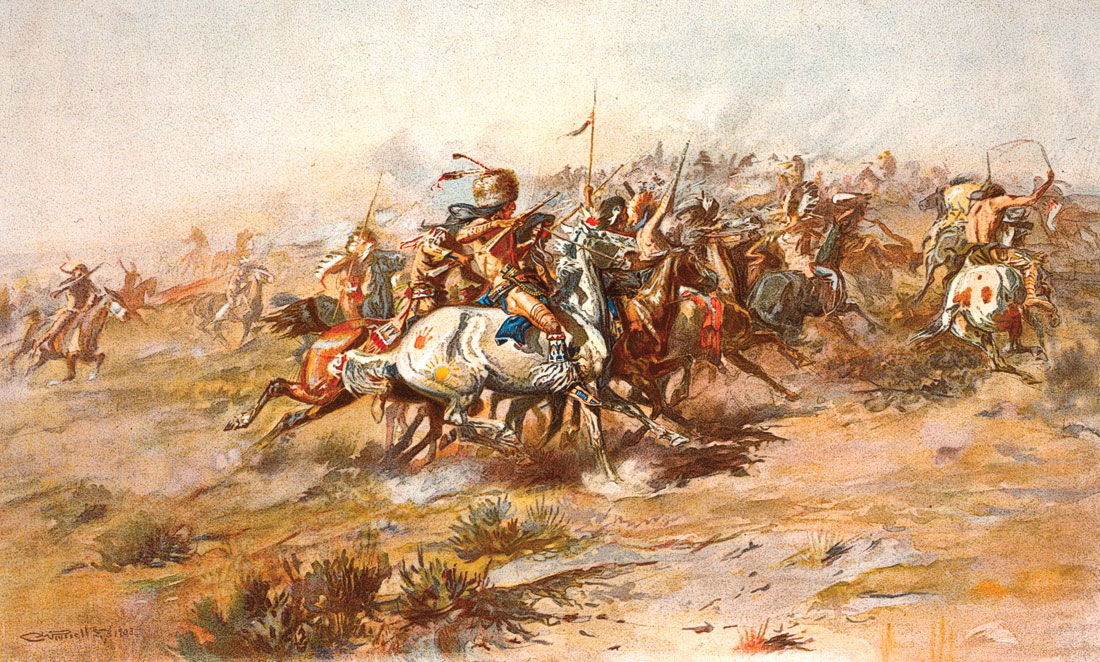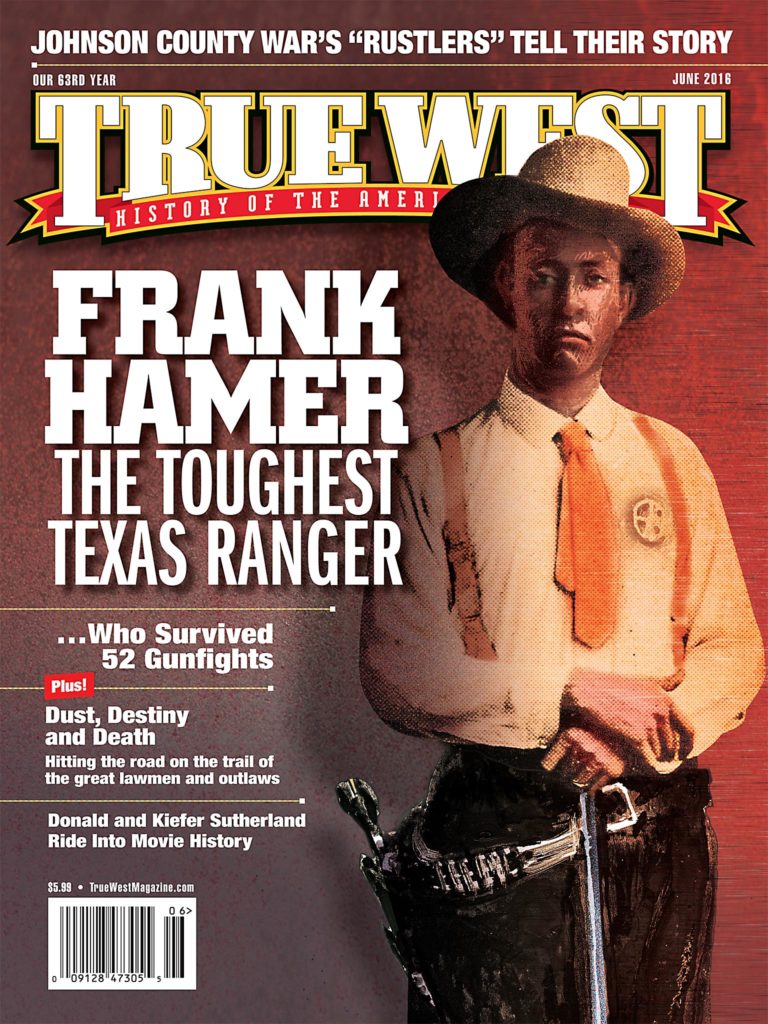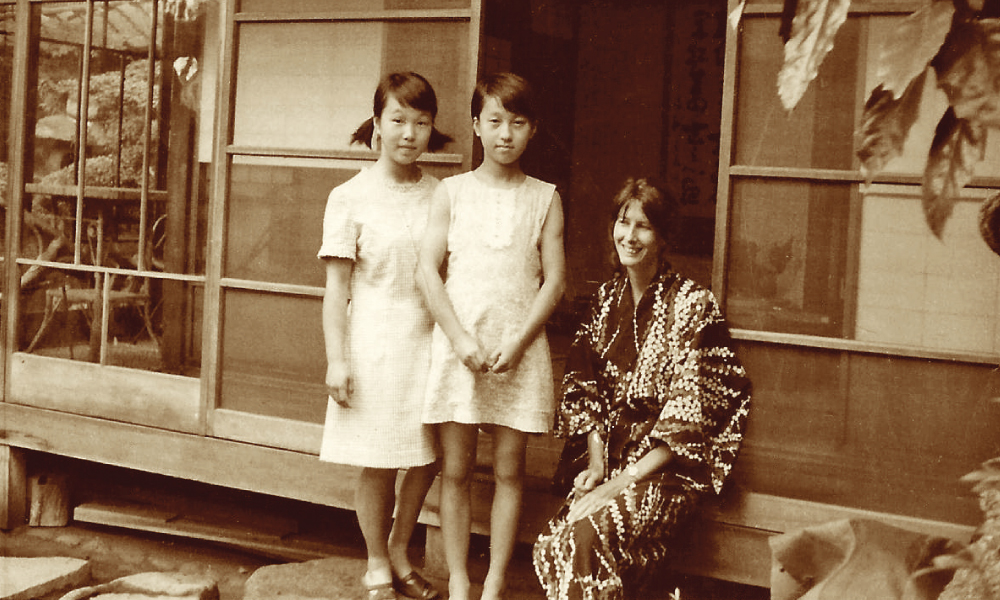
The most influential writer I read in high school was William Shakespeare. The Bard’s humor, syntax and vocabulary were a great help 30 years later when writing 1638-era dialogue for Mary’s Land.
The best advice my mom gave was that if I chose a career doing something I loved, I would never work a day in my life. I always wanted to be a librarian and work surrounded by books, but I never thought I’d write them.
My childhood in Florida in the 1940s and 1950s was idyllic. It was Father Knows Best and Leave It to Beaver set in the subtropics.
Sallie Ratliff Taylor, my college English instructor, taught me how to write. Twenty years later, I visited her in the hospital and said I was dedicating my as-yet-unnamed novel to her. Her sister said Sallie told her about that a few days before she died of cancer. The dedication in Ride the Wind reads, “To Sallie Ratliff Taylor, teacher and friend, who said she’d wait on the other side.”
John F. Kennedy announced the formation of the Peace Corps in 1961 when I was a freshman in college. I got an application then and mailed it off when I graduated in 1964.
Living for two years as a Peace Corps Volunteer in the semi-rural barrio of Los Cerritos in the small town of Caripito in Monagas, Venezuela, was not exactly a semester abroad. In the mid-1960s, Cuban communism and anti-American sentiment were prevalent, but our neighbors were protective, generous and kind. Ironically, my machete scar was inflicted by a nun.
The Peace Corps gave me the first taste of life in a foreign culture and inspired more traveling. When friends asked if I wanted to go to Ecuador and Peru with them, I said “Yes.” Ditto the Orinoco jungle (with Sister Mercedes), Surinam, Mexico, Trinidad, Grenada, Costa Rica and, oddly, France.
I got started writing Western novels after I mentioned Cynthia Ann Parker to an editor I met at a Science Fiction convention and observed that someone should write her story. He told me I should do it, and I said, well to be honest, I said, “Don’t be ridiculous.” But eventually I said, “Okay.”
In 1968, I married a U.S. Army officer. When he was sent to Vietnam, I spent the year in Japan. I chose Japan because I loved Samurai movies and because a Japanese friend of a friend lived there. She cajoled a family into renting me their traditional teahouse (see the above photo of me in my kimono at the teahouse). When the sun shone through the shoji screens every morning, I couldn’t believe I was living a James Michener novel. Travels all over Japan that year inspired The Tokaido Road.
The next Army posting was Fort Huachuca, in Arizona’s Apache country. While the rest of the Army wives were attending teas and luncheons and fashion shows, we were camping out from Kaibab to Cochise Stronghold.
The Western movie I never grow tired of is 1971’s Red Sun. I go to YouTube to watch the scene where Toshiro Mifune bounces Charles Bronson all over the landscape.
My favorite word book is the unabridged 1811 Dictionary of the Vulgar Tongue, subtitled: A Dictionary of Buckish Slang, University Wit, and Pickpocket Eloquence.


